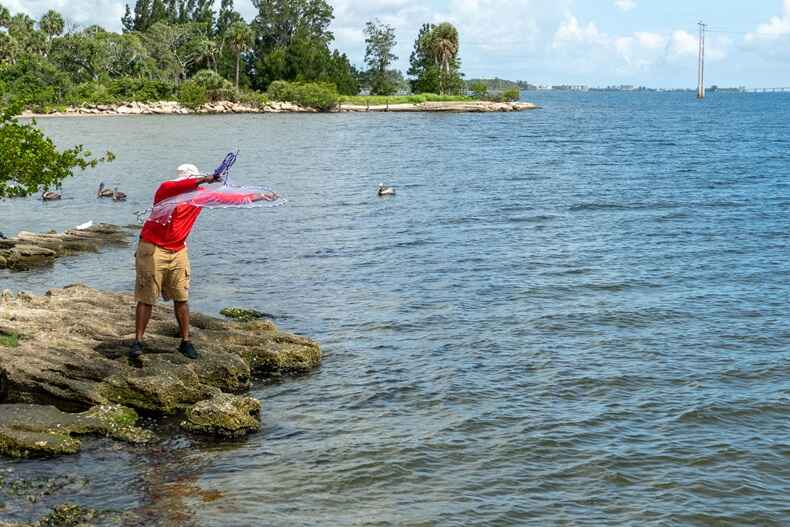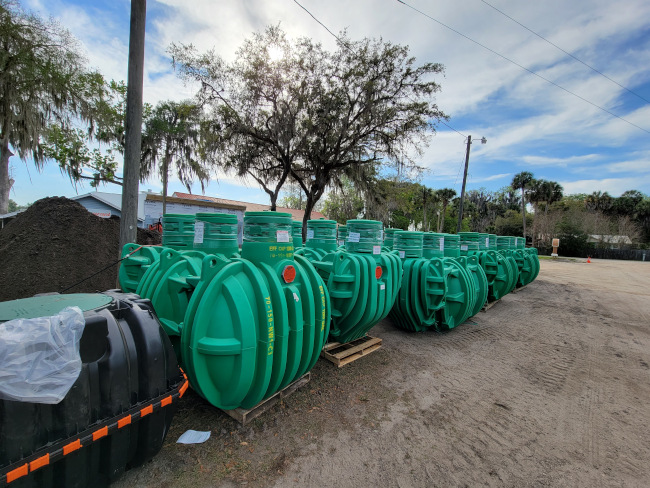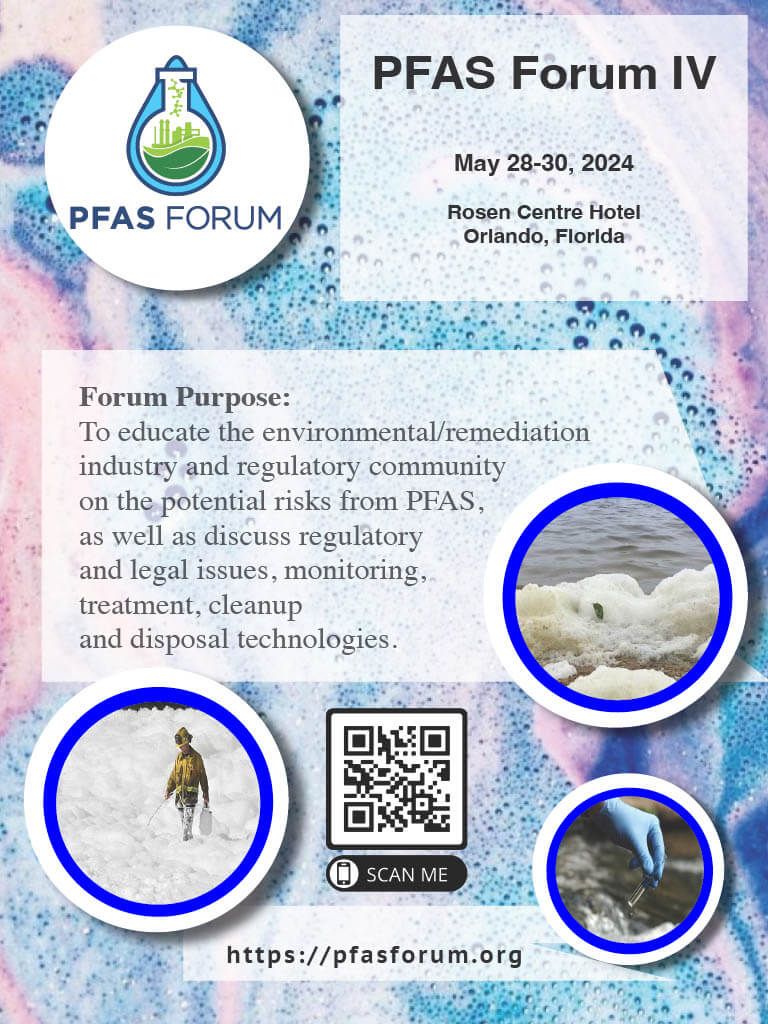
By MARK BUSCH
Commissioner,
City of Casselberry
Florida Water Quality Improvement Initiatives
Water issues have bedeviled Florida for decades – harmful algal blooms, not enough water at the right time, too much at the wrong time and the persistent challenges for Lake Okeechobee and the Everglades. Addressing these problems, Florida Water Quality Improvement Initiatives are increasingly vital in tackling the complex environmental challenges faced by the state.
Lake Okeechobee’s water quality issues originate in the basin north of Lake Okeechobee and not south of it where a huge segment of Florida’s agriculture footprint exists, including where nearly all of Florida’s sugarcane farms are located.
According to water management district data, an average of 95 percent of the water and nutrients enter the lake from the north each year, with the remaining 5 percent coming from the south – and only when there are urban flooding issues in the rural cities of Clewiston, South Bay, Belle Glade and Pahokee. Considering water flow, to suggest that areas south of Lake Okeechobee are the main reasons why there are water quality issues in Lake Okeechobee is false and inconsistent with widely available, indisputable facts.
Central Florida has an opportunity right now to support initiatives that will invest in the expansion of sewers and additional water infrastructure, while taking septic tanks out of service. Our part of the state will benefit from these efforts to jump-start a smart investment that will improve our quality of life and environment. The time is now to address the septic tank issue.
Florida TaxWatch recently published a report called, “Septic-to-Sewer: Protecting Florida’s Ground and Surface Water,” which discusses the benefits to Florida and the importance of taking septic tanks out of service. According to the report, “Septic tank failure not only causes the leaching of contaminants into groundwater but can also create hazardous septage pools. Septic tank failures occur due to aging, hydraulic overloads, faulty designs or installation, or a lack of maintenance.”
One the report’s main recommendations is to ask the Florida Legislature to require the Florida Department of Environmental Protection to create and enforce a comprehensive plan to develop water and wastewater infrastructure statewide, including the development of central sewer lines and wastewater treatment facilities, and the removal or enhancement of septic tanks.
I agree with Florida TaxWatch and their calling of the Governor and Legislature to develop a five-year funding plan for water-infrastructure projects, including septic-to-sewer conversions, which is like the five-year Department of Transportation Work Program, as highlighted in the report.
Securing investment now in these projects will not only continue to support a healthy environment for Florida but will help ensure that more taxpayers dollars aren’t spent later to fix the problem when it is more complex and more expensive.
Water quality is important to Central Florida’s economy and quality of life, but the seven million people in South Florida will also enjoy the same benefits. Getting rid of as many septic tanks as we can now will help all of us who call the Sunshine State home. ●
























